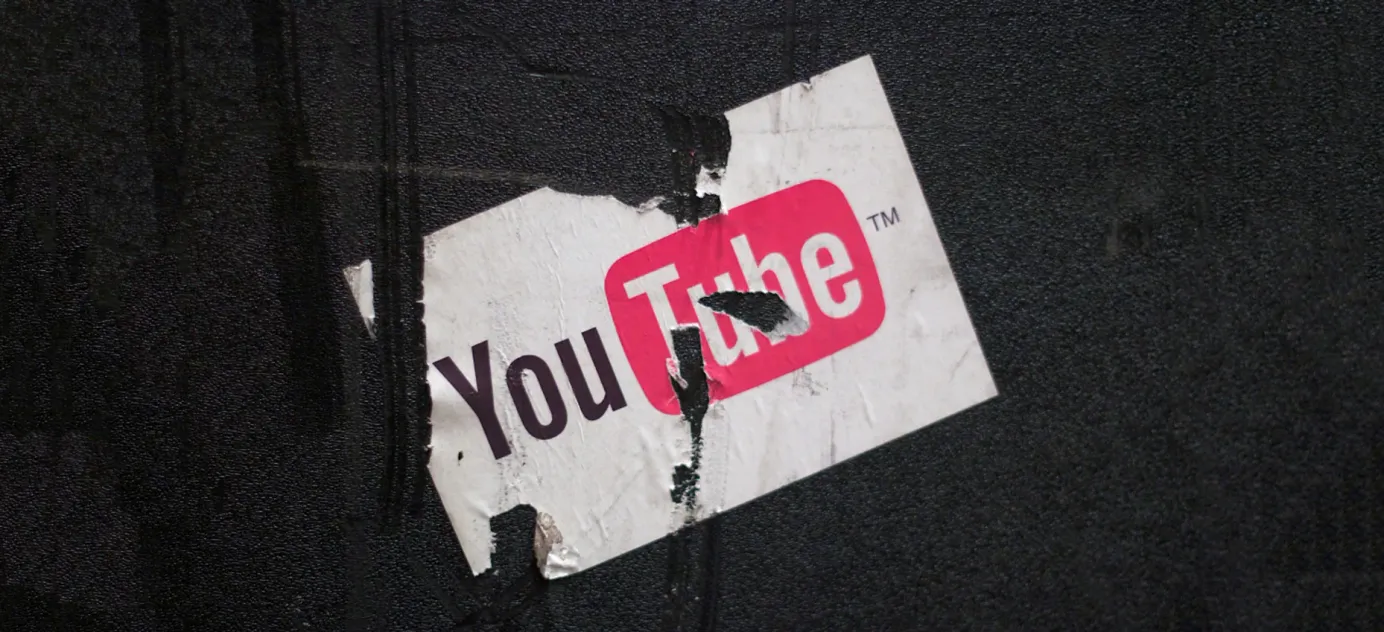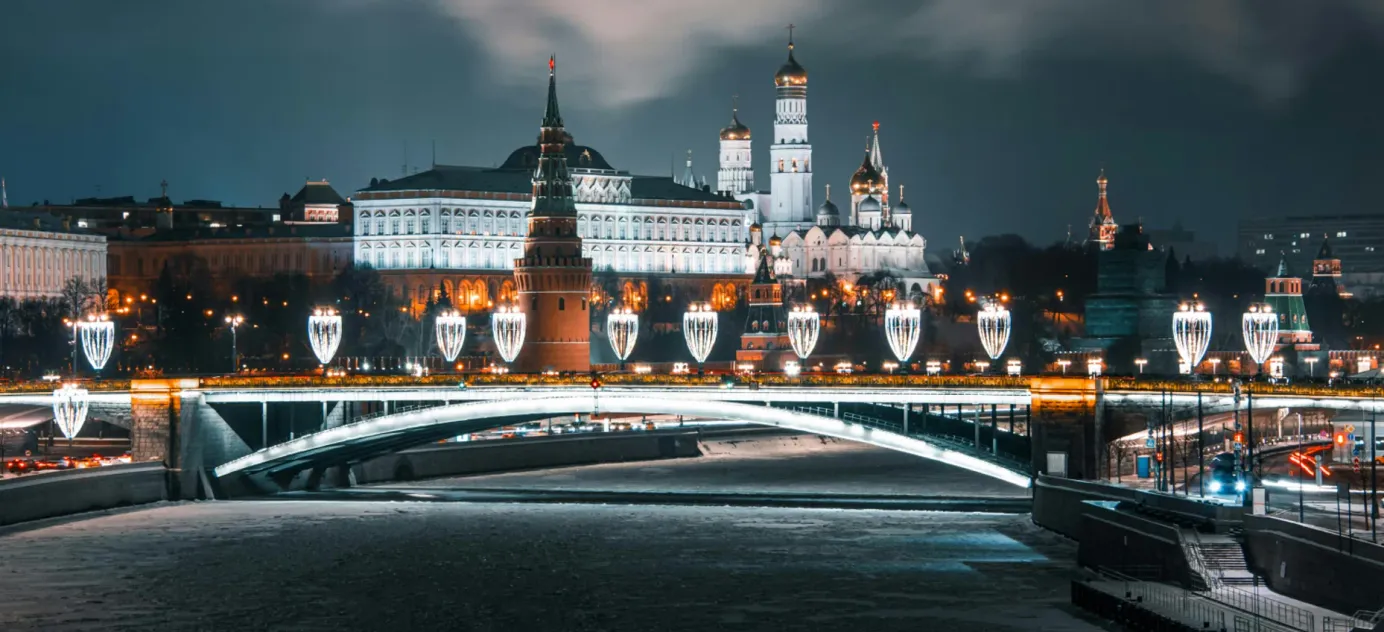
Russians still tuning into YouTube despite block attempts
Russia’s authorities are raising their game when it comes to blocking — or in their words “slowing” — YouTube. At the start of last week, users were complaining that it was almost impossible to watch clips on the platform in 4K resolution; by the end of the week several were finding they could not download anything at all, even in the lowest quality. Even though the authorities are in the second week of trying to restrict access to YouTube, the reach of the leading Russian-language channels remains largely unchanged — and in some cases is even increasing.
- YouTube has already been de facto blocked in Russia for more than a week — either partially, through imposing excessive load times, or at times fully inaccessible – according to Google statistics. Since the start of the slowdown, traffic at peak times on the video server dropped by more than 30%. However, in the same late July to early August timeframe, year-on-year figures show that the average time using the service is up from 93 minutes to 107, as is the number of visits to the platform (from 82.5 million to 82.6 million).
- The number of views for popular Russian-language YouTube channels also increased after Russian authorities started restricting speeds. Independent TV channel Dozhd, the most viewed Russian-language YouTube channel focusing on news and socio-political issues, had 3.3 million views on Aug. 8 compared with 1.9 million on July 24, the last day before authorities started restricting speeds.
- There are at least three possible explanations. First, the news agenda. The large-scale prisoner exchange between Russia and the West may have triggered a wave of interest, as could the start of Ukraine’s Kursk offensive. Second, it seems that viewers have switched away from watching in peak times, tuning in during quieter periods, when there is less pressure and videos stream better. Google stats suggest that the overall daily volume of views is largely unchanged. Third, the widespread and growing use of VPNs in Russia, plus other means of accessing blocked sites, are playing an increasingly important role in helping Russian users skirt the restrictions.
Why the world should care
Russia’s authorities are not keen on calling things by their true name, so the block on YouTube has become known as a “slowdown.” Nevertheless, it’s still premature to expect Moscow to fully switch-off the platform. At the moment, efforts to move Russian viewers to state-controlled domestic video services remain a work in progress. In addition, closing YouTube would have knock-on effects on other Google services and the Russian companies and organizations that rely on them.





